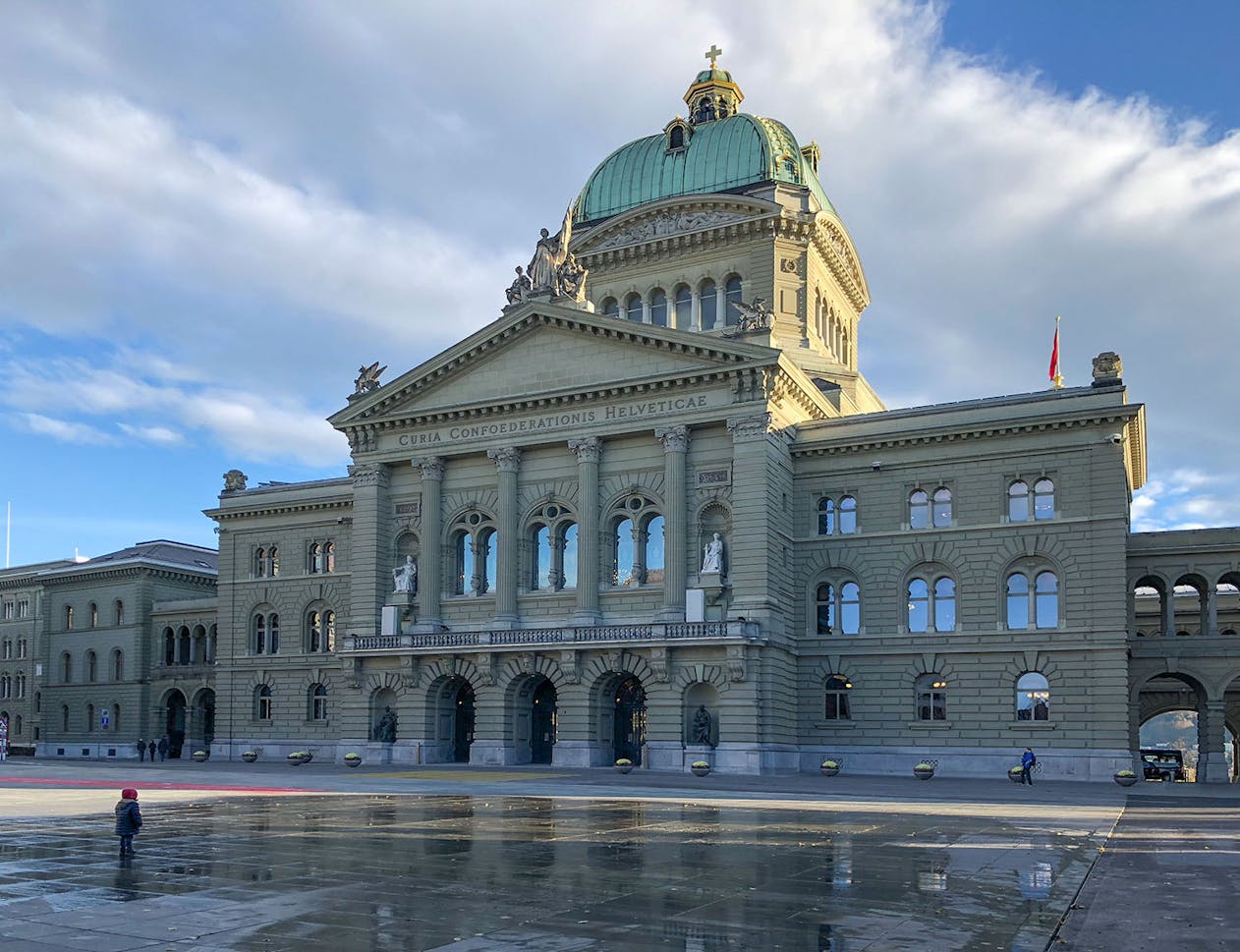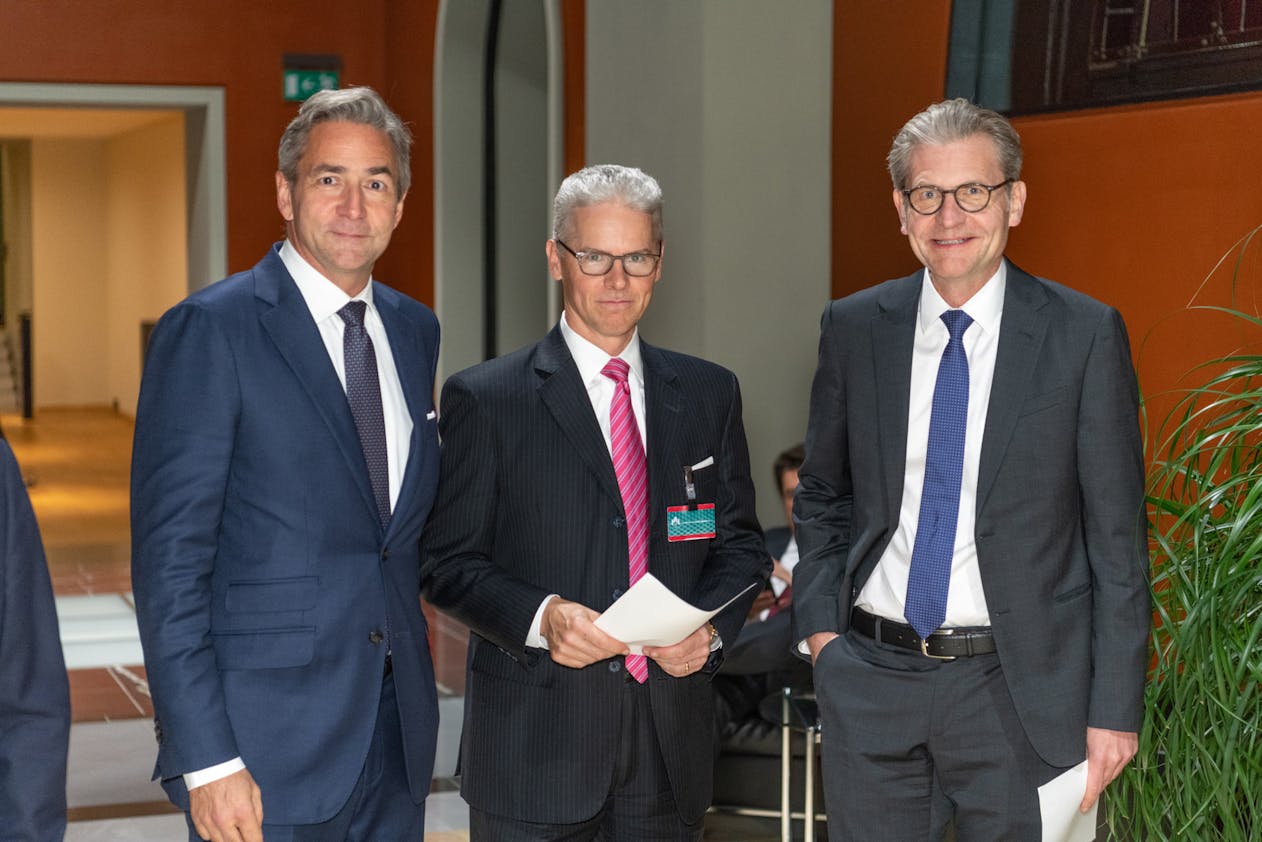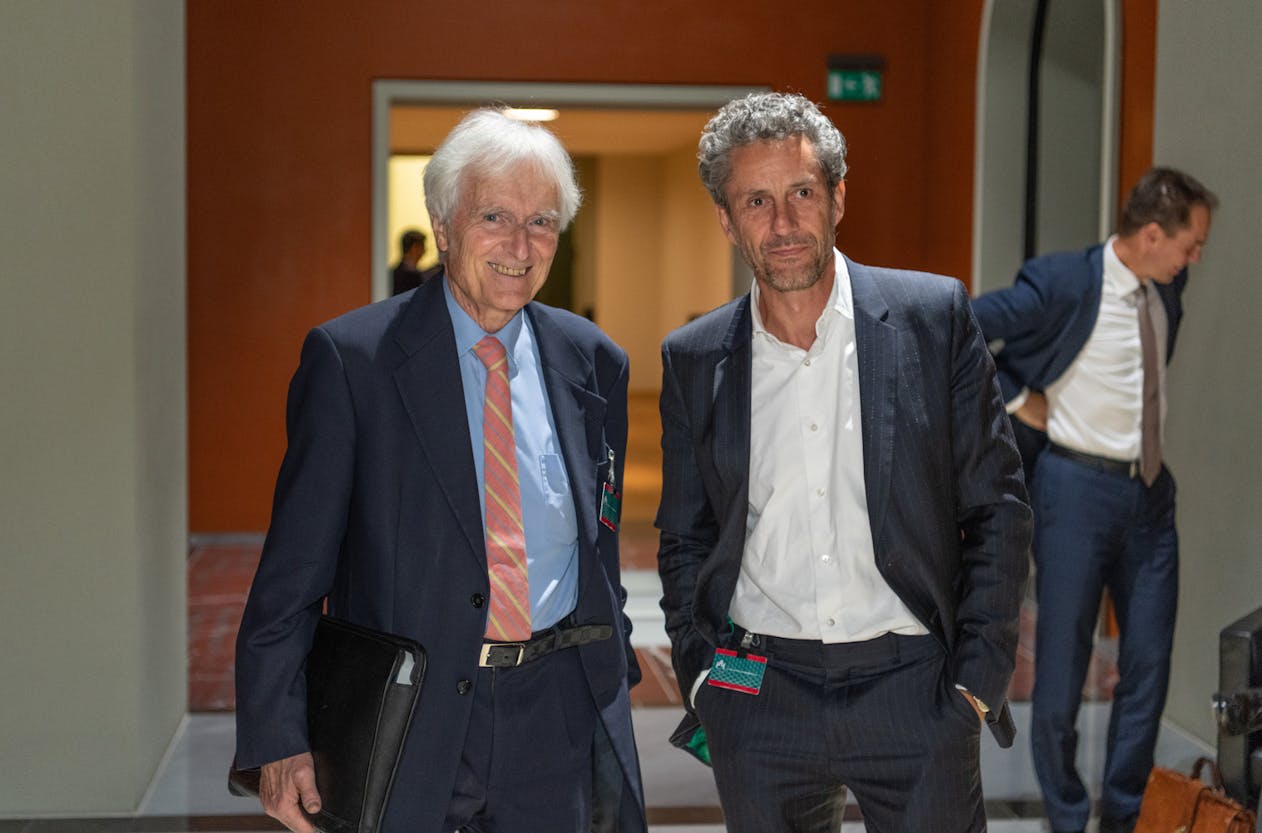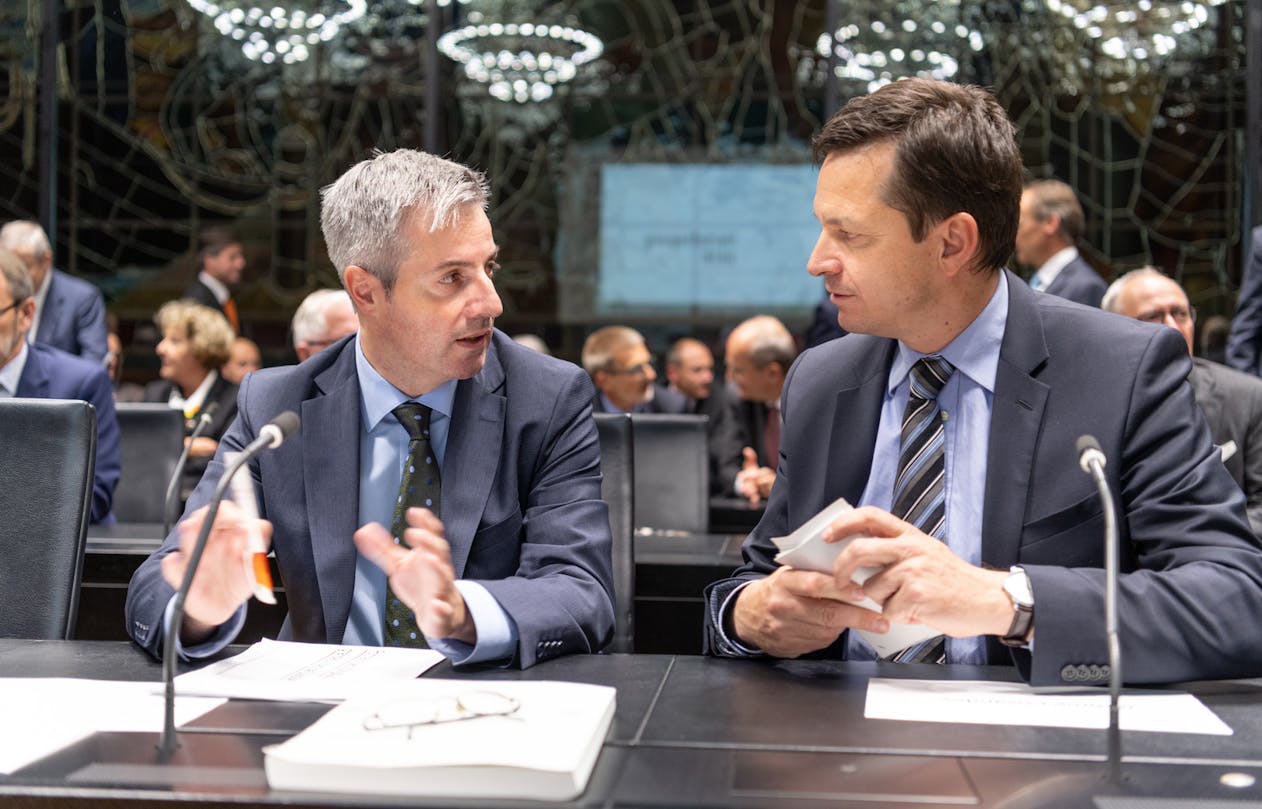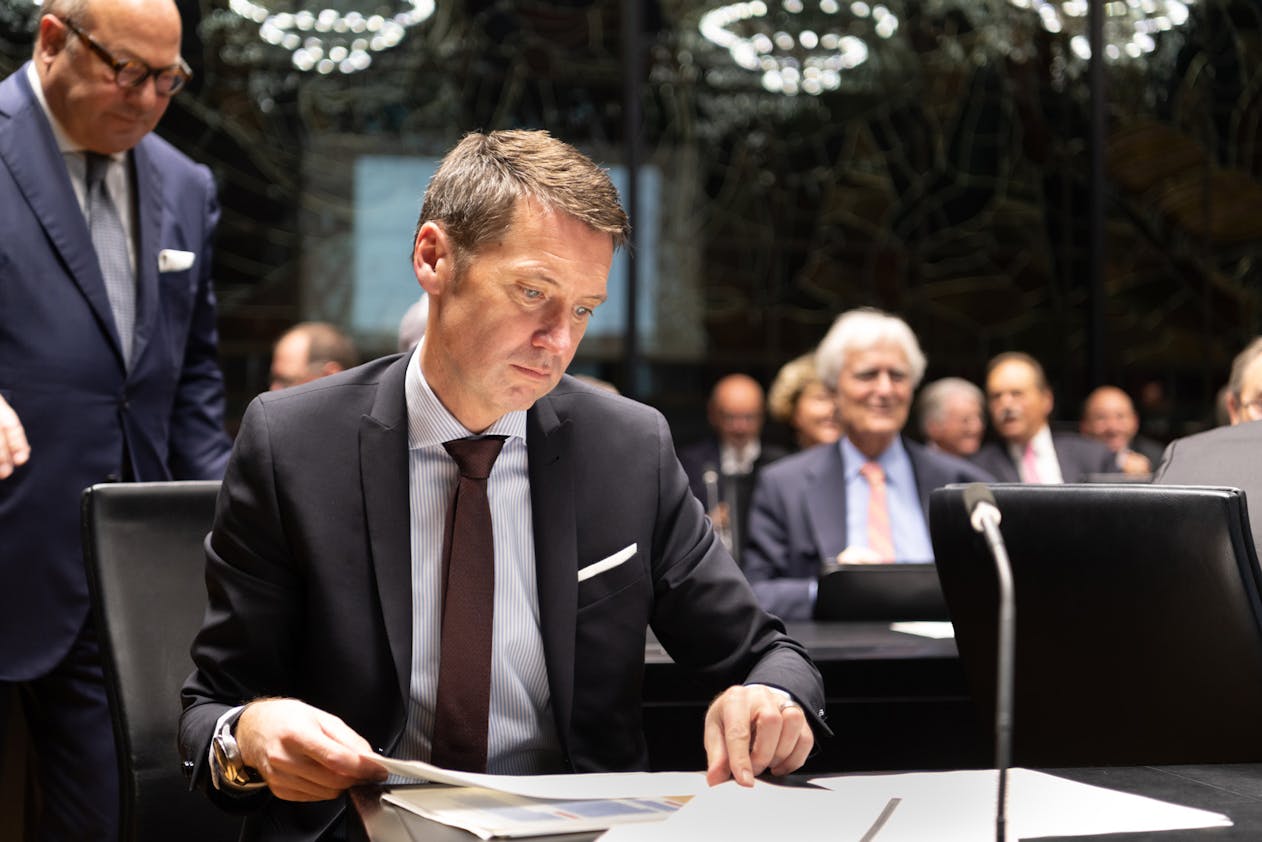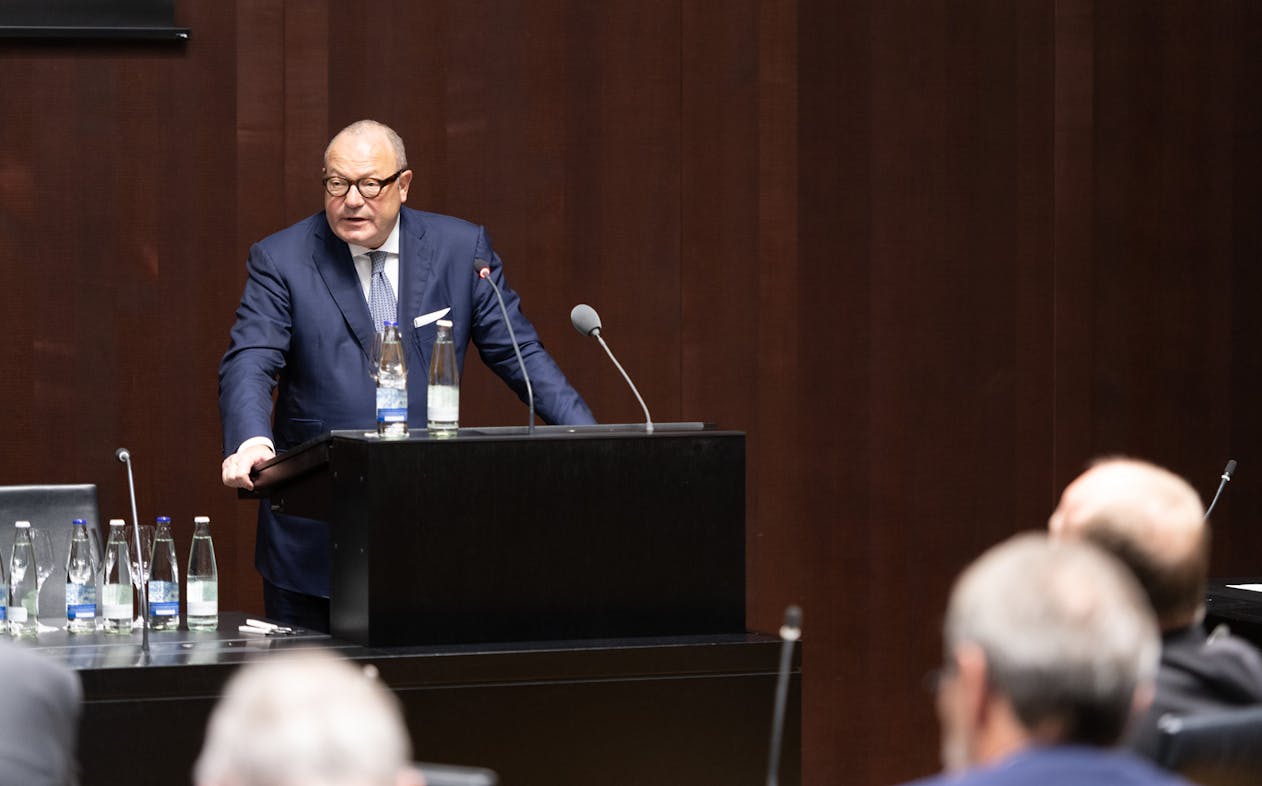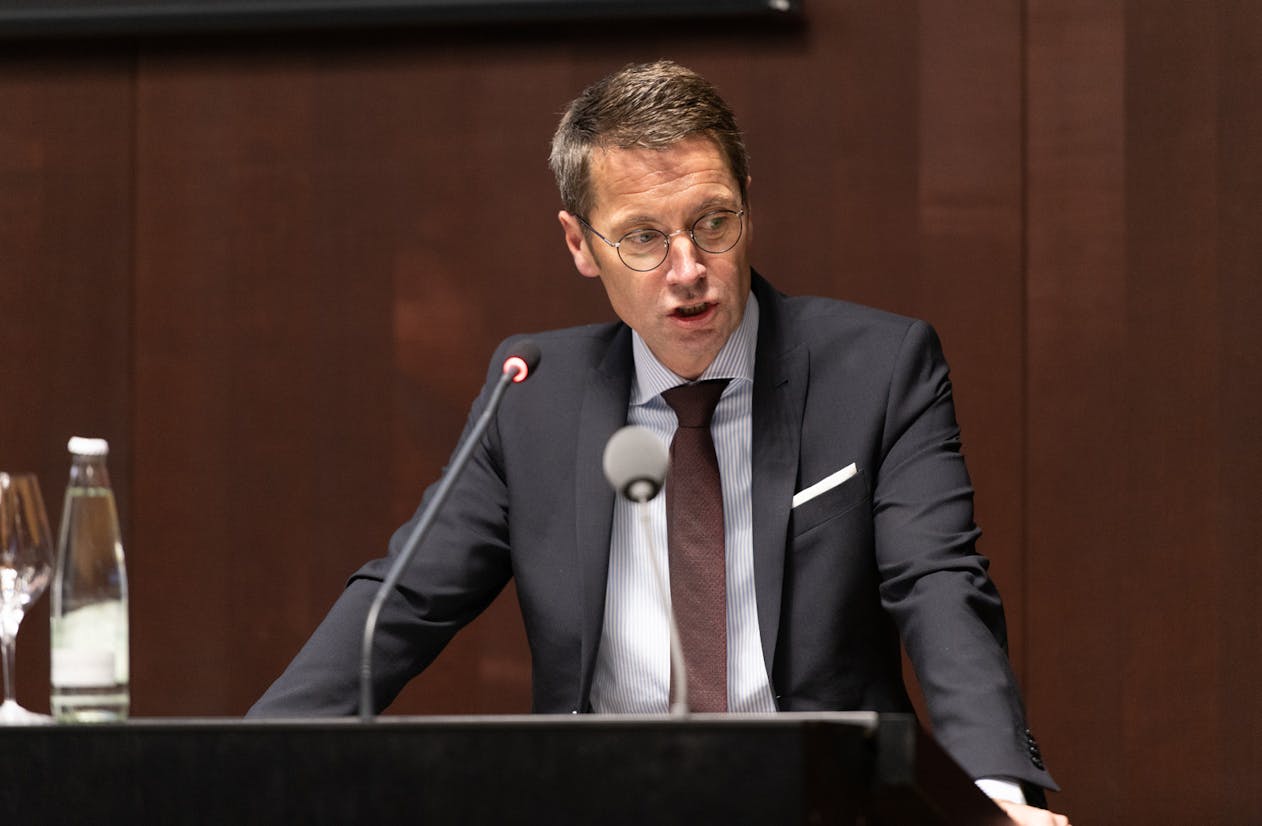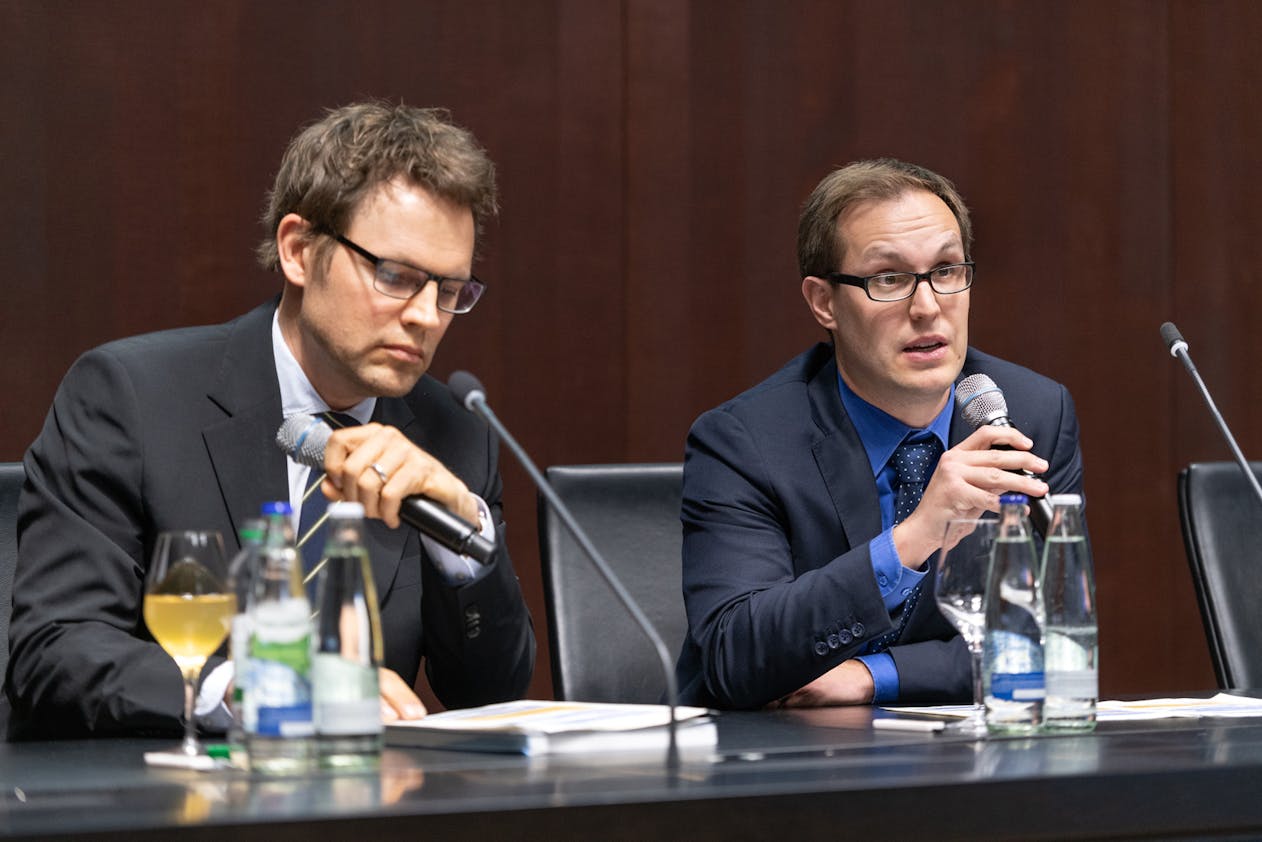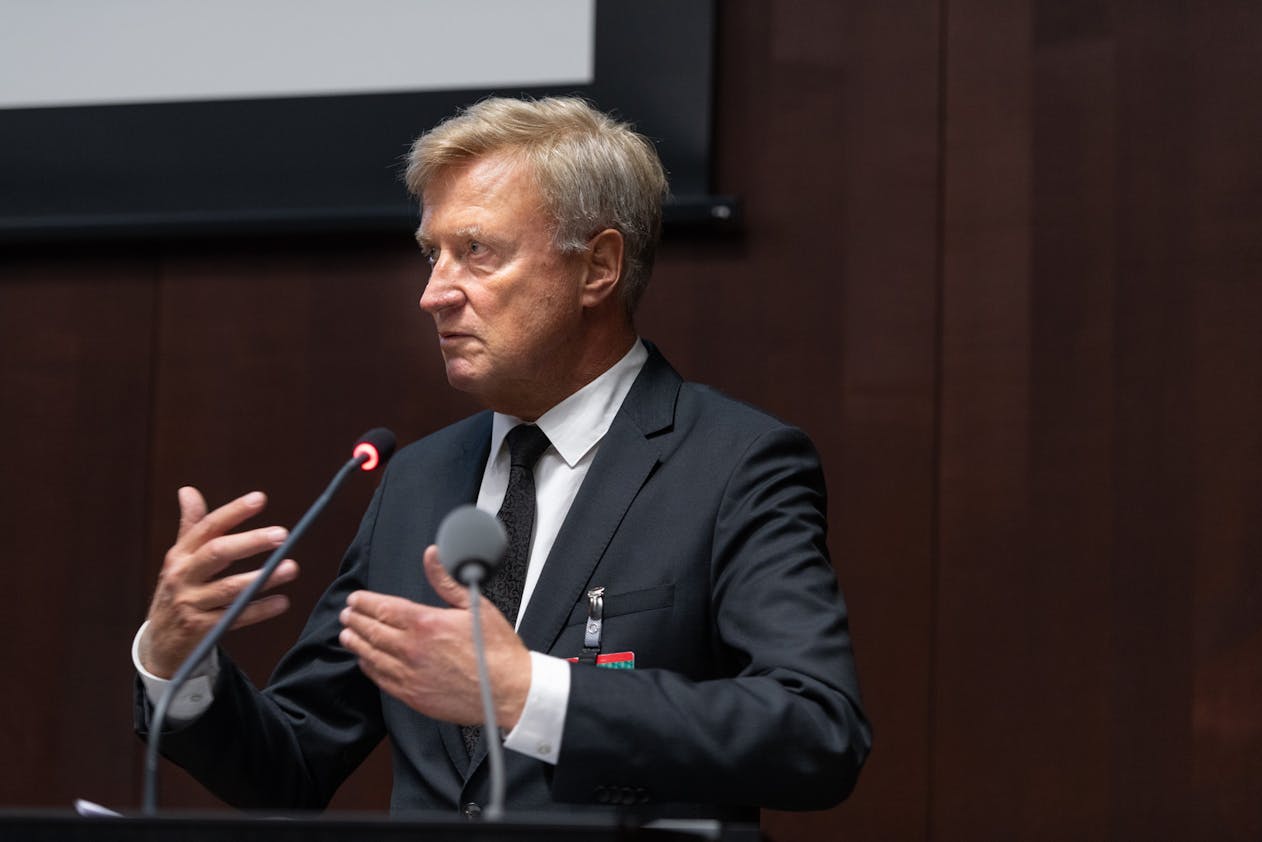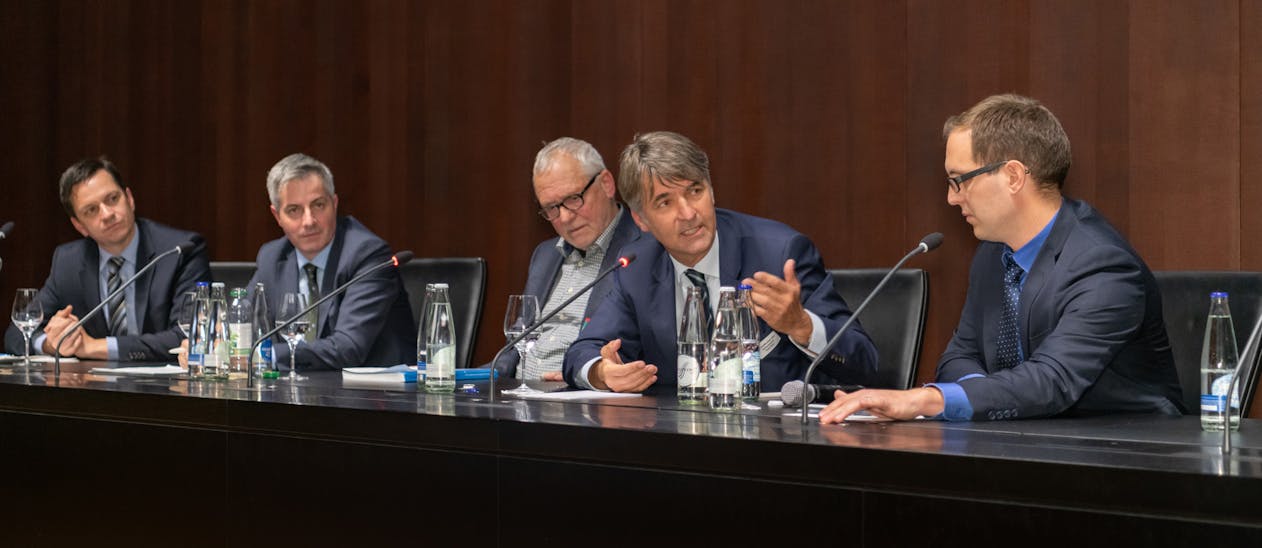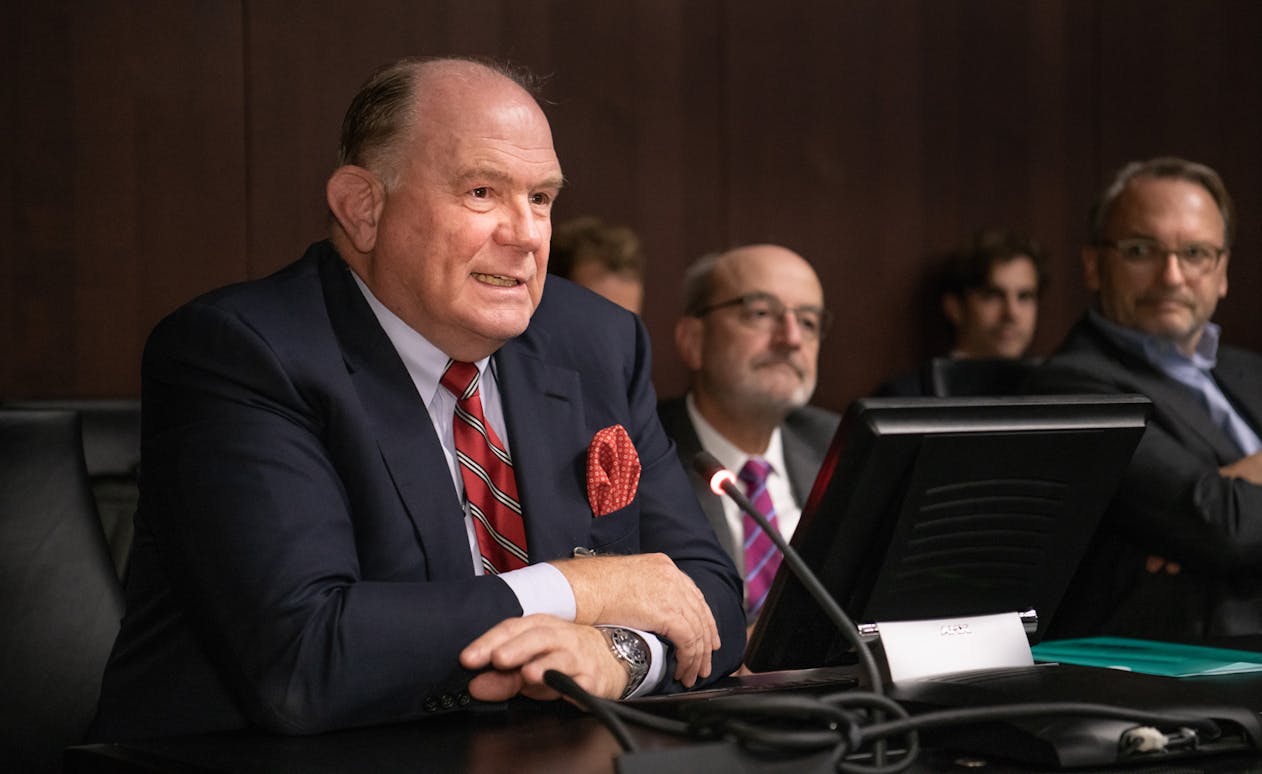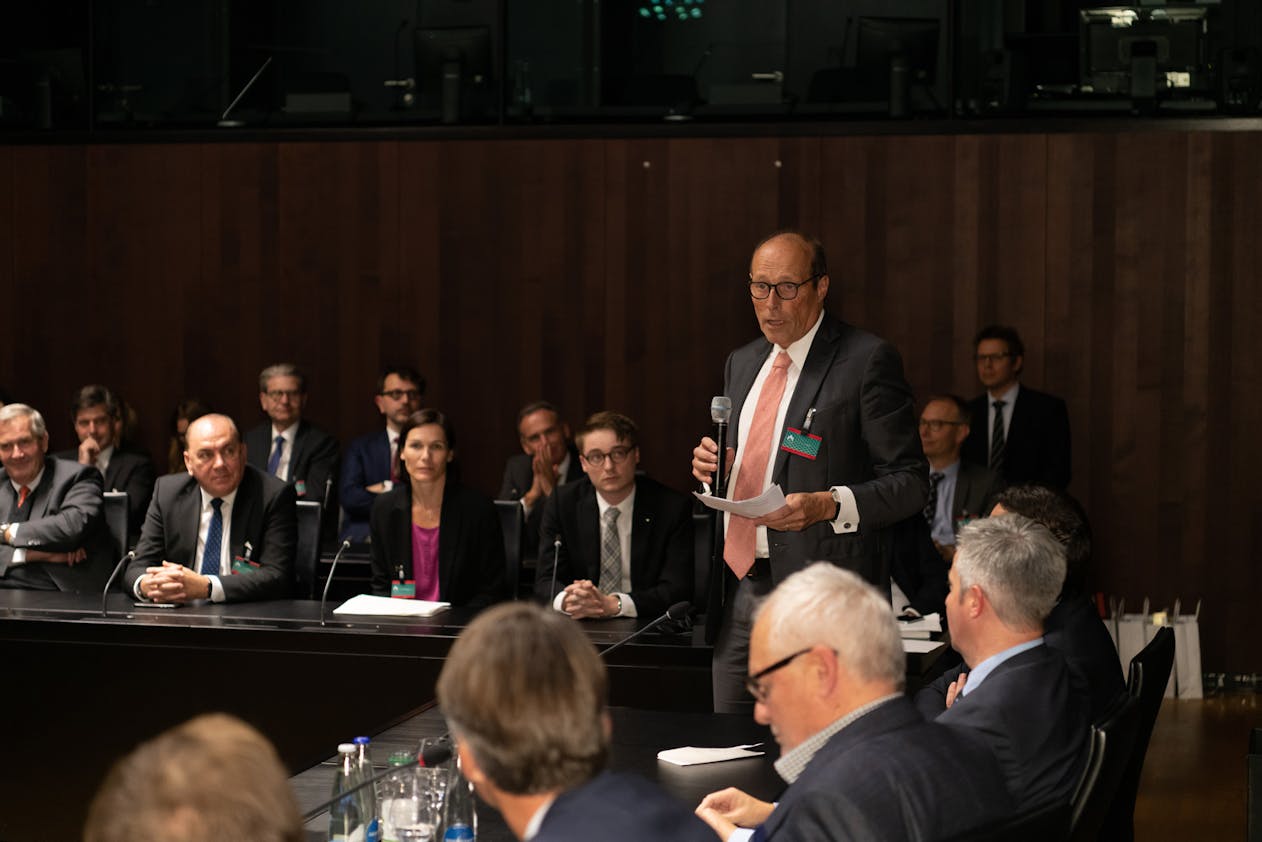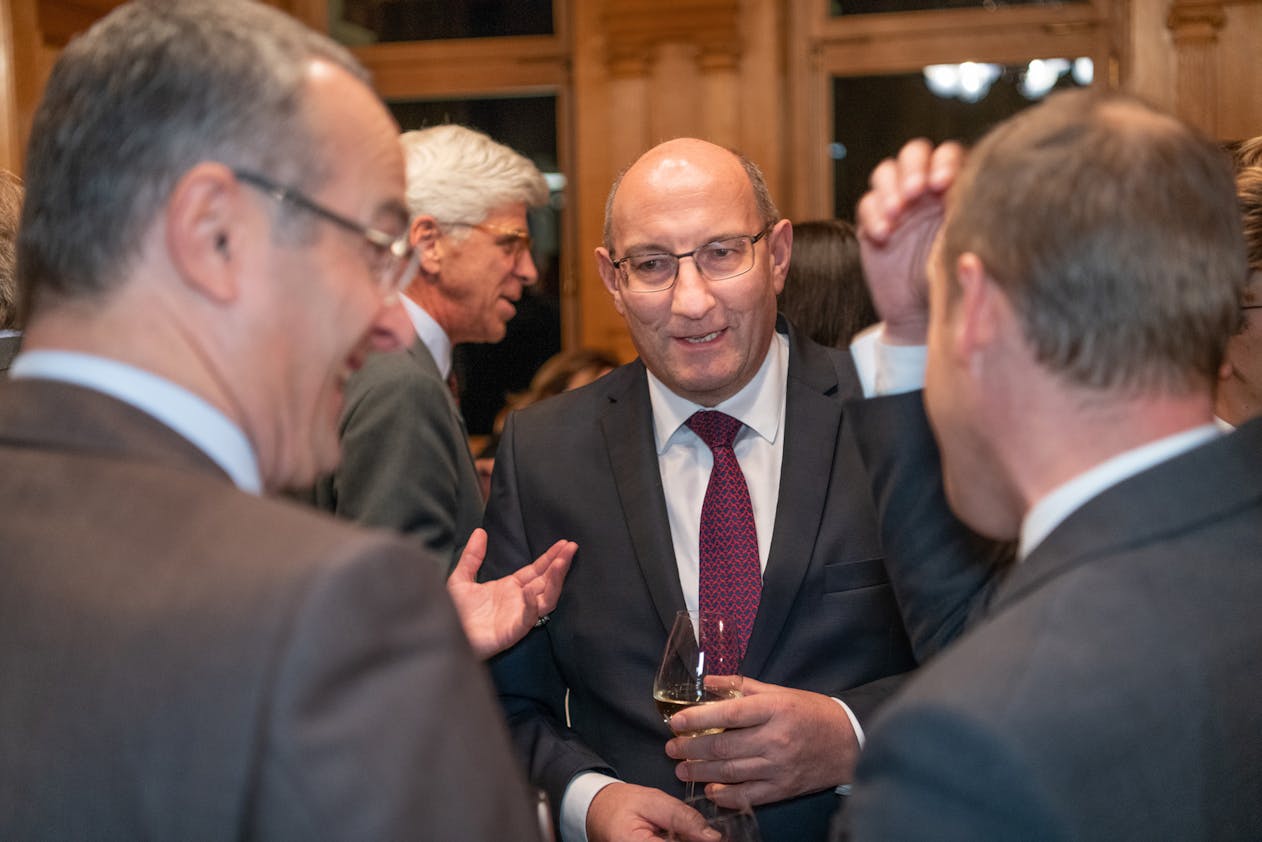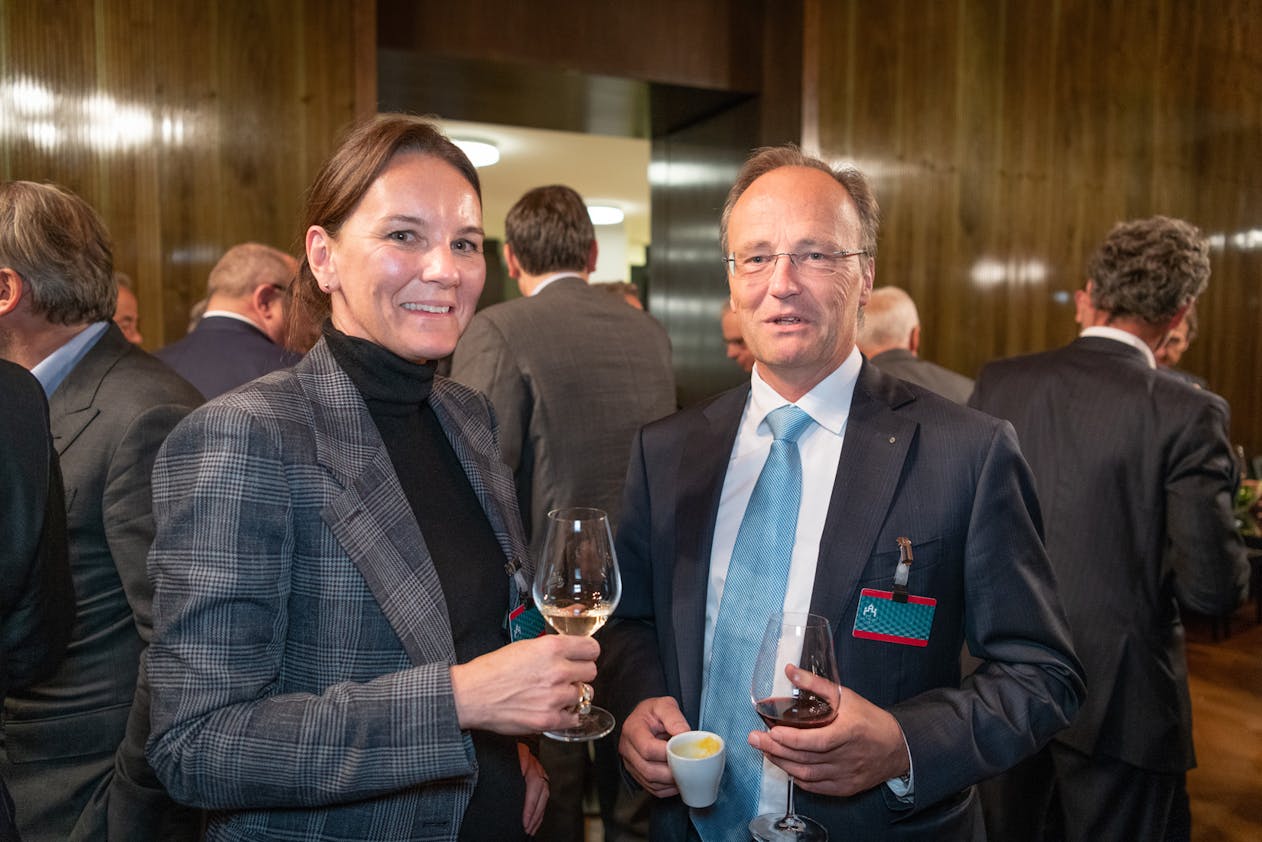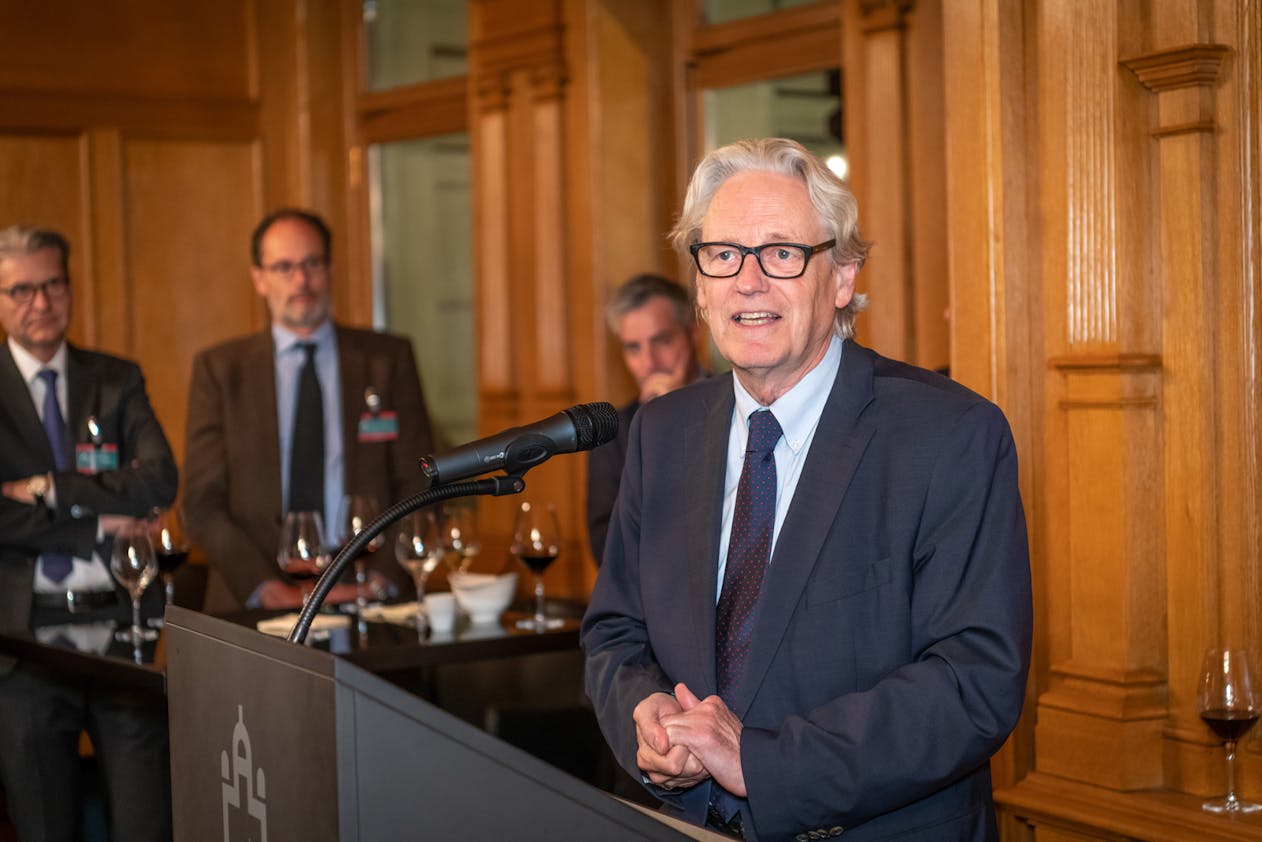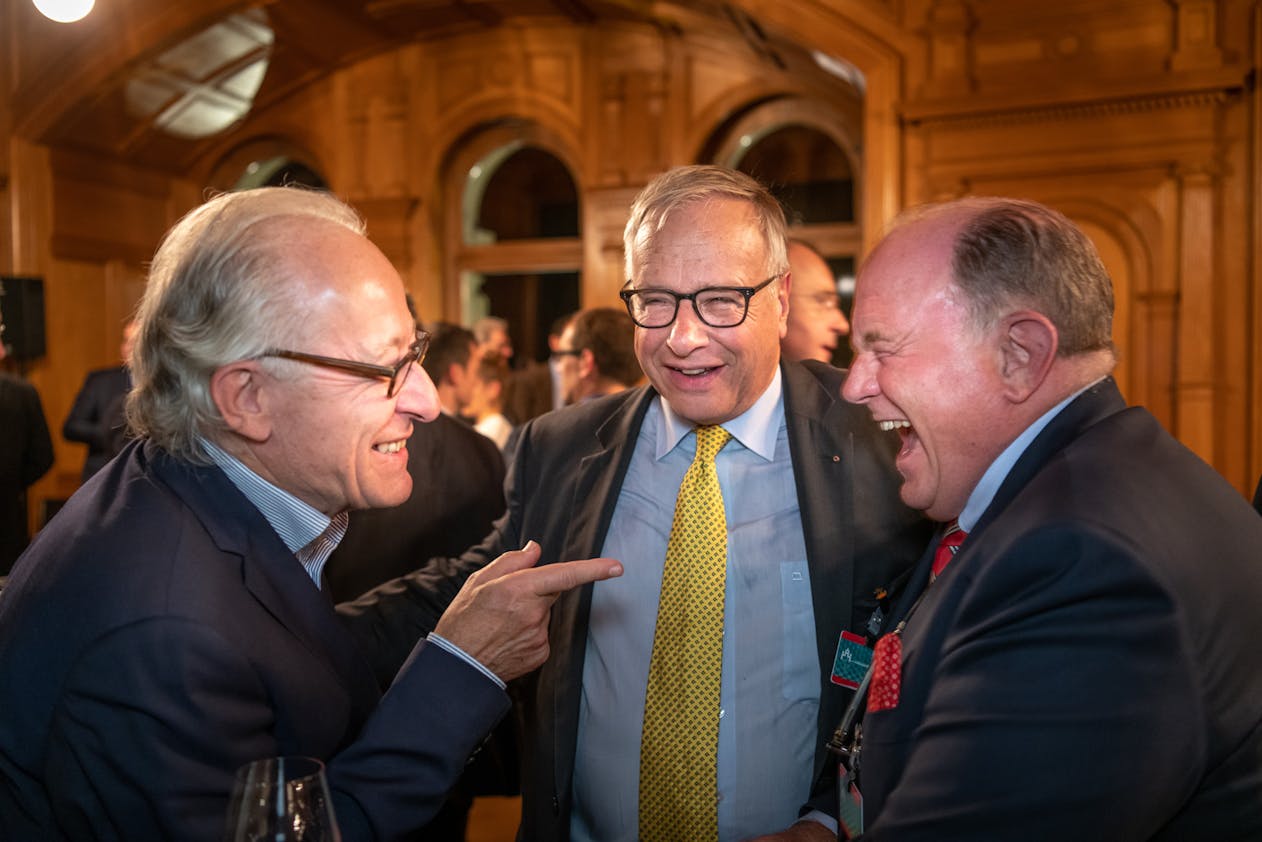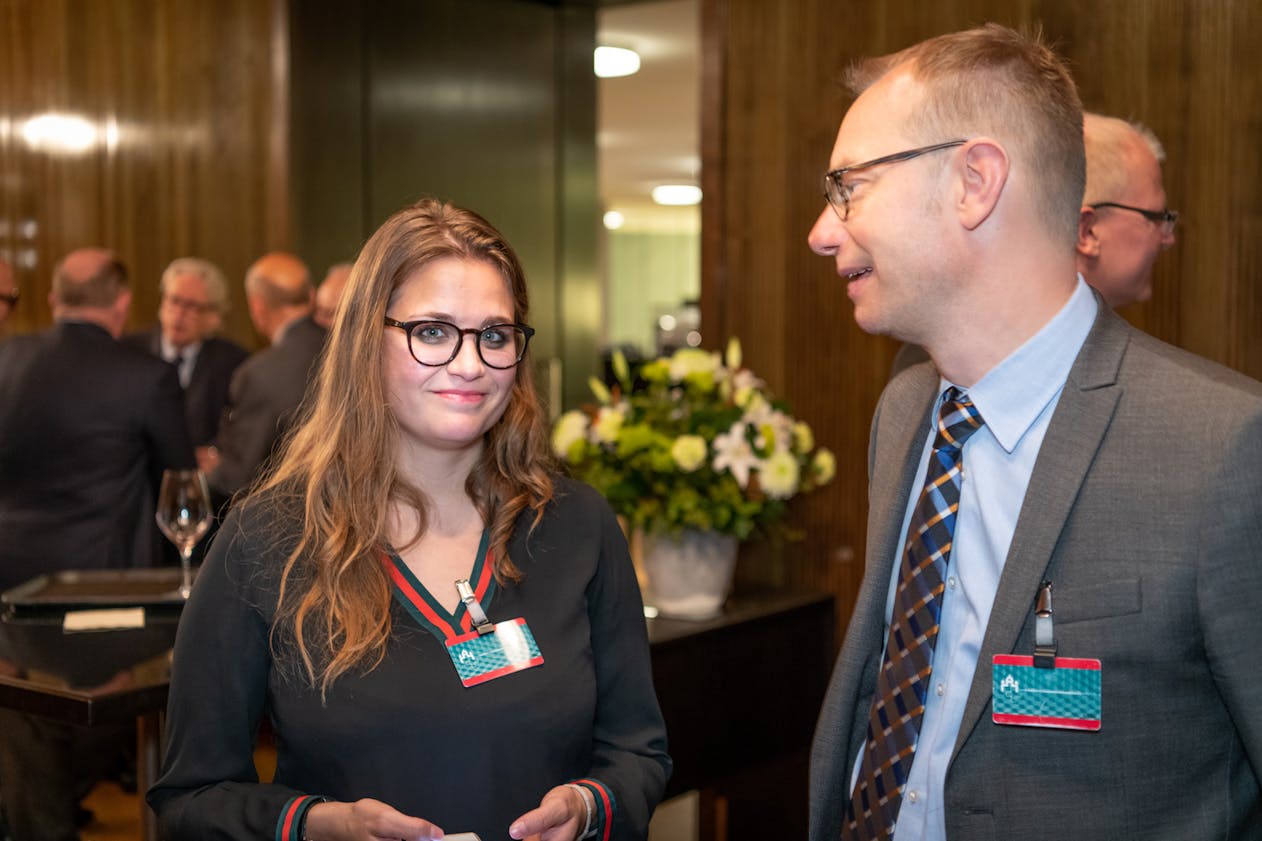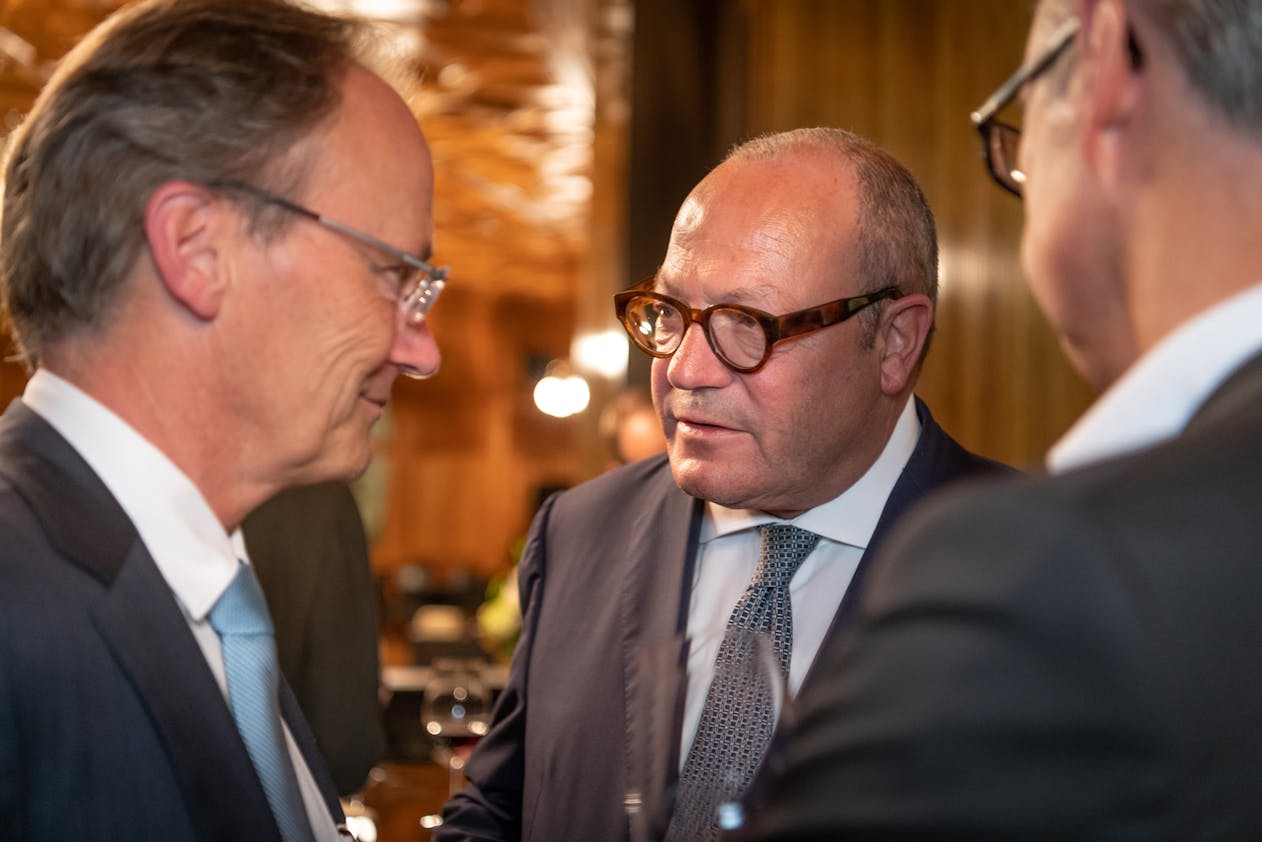This year’s autumn meeting for Avenir Suisse patrons was held in the Swiss parliament in the presence of Dominique de Buman, president of the National Council, the lower chamber of parliament.
Debate focused on Avenir Suisse’s new study,”20 Years of Urban Policy – a Review from a Liberal Perspective”, which was presented to patrons. “Let’s found a new city!” said famous Swiss writer Max Frisch. That had not initially been Avenir Suisse’s motivation, noted director Peter Grünenfelder in his welcoming address. But it fit the fact that a think tank named partly for the future (avenir in French) was obliged somehow to investigate Switzerland’s fitness to meet upcoming challenges – cities included.
For months, Avenir Suisse’s Fabian Schnell Lukas Rühli and Daniel Müller-Jentsch have meticulously been examining the quality of politics in Switzerland’s 10 largest cities. Basel, Bern, Biel, Geneva, Lausanne, Lugano, Lucerne, St. Gallen, Winterthur and Zurich were benchmarked against a model ideal “Liberal Smart City” using 47 indicators and eight subject areas.
Avenir Suisse’s “city monitoring” differed from classical rankings as it was limited to criteria that could be influenced by city politics, and avoided factors such as geography. Zurich, which came top, scored two thirds of the maximum possible points. But while commendable, that suggested that, even in Zwingli’s home, there was still room for liberal improvement. Overall, the exercise revealed widely differing results for individual indicators and sub-rankings– allowing another important conclusion: that Swiss cities could learn a lot from each other.
Cities are the key to the future
Why the focus on urban politics? Its relevance is evident in just a few figures: Worldwide, 50per cent of the population lives in cities. The respective share in Switzerland is 75per cent. Some 60per cent of the country’s GDP is generated by just 10per cent of its area. Urban centres will be decisive for Switzerland’s future prosperity.
Broadly speaking, Swiss cities are well off. They have enjoyed some “fat” years since the 1990s, thanks to a healthy economic environment. The authors argued this favourable history meant Swiss cities should push further development, but also remember the possibility of leaner times to come.
As Avenir Suisse’s research showed, politicians remained reluctant to use the city as a laboratory. Trust in market forces in housing policy, for example, was insufficiently developed, and urban politics was often characterized by detailed administrative work rather than strategic principles. There is also another political-structural stumbling block: some cities reveal a dramatic decline in the proportion of Swiss residents with voting rights: in Zurich, for example, the share has dropped to 27per cent and to just 20 per cent in Geneva.
Why do conservative politics has such a hard time in cities?
What are the takeaways for liberal-conservative politicians? Ole von Beust, formerly Hamburg’s long standing mayor, offered some valuable insights. During his tenure as conservative CDU mayor, he gained fame for an unconventional approach to drugs and childcare, among others.
Von Beust sees an important cause for the “traditional” left-wing orientation of many cities in the very “DNA” of conservative parties. Conservatives are often more critical of change than their rivals. The success of their politics in urban areas thus depends on their ability to breathe new life into the traditional values of modernity and to offer young voters an attractive platform. So Conservative politics in urban environments should not just address the classic family, buteveryone willing to take responsibility for themselves and others, irrespective of their social setting. Von Beust underlined his belief that cities host many conservative voters. But urban conservatives need to be targeted differently, because they can have very different values compared with rural counterparts.
Housing remains controversial
The closing discussions,with the mayor of Bern, Alec von Graffenried, the city councillor of Lausanne, Pierre-Antoine Hildbrand, and Zurich’s former mayor Elmar Ledergerber, brought up differences and similarities.
Discussion on housing policy grew heated as soon as Ledergerber rejected Avenir Suisse’s criticism that councilors were often much too close to local housing cooperatives. Both von Graffenried and Hildbrandwere more self-critical. The latter bemoaned the fact that a large proportion of subsidised housing in his home canton of Vaud was in Lausanne, while von Graffenried pointed to the advantages of ‘subject-help’ over ‘object-help’ in residential construction. In general, he recommended more entrepreneurial city management. Berne, for example, has already outsourced a large proportion of its public services.
The panelists were in greater harmony about challenges ahead – for instance the shrinking electorate, a fact likely to worsen given demographic trends. They discussed the introduction of voting rights for foreigners at municipal level – in line with what de Buman had mentioned at the outset: “Only a society of integration can afford to be liberal”, he said, in comments entirely appropriate to Switzerland’s biggest cities.

